
Independent, formerly Research Director at Chatham House and professor at University of Leeds. Food-climate-nature-politics-sustainability
Reposted by Tim G. Benton
News story here ▶️ bit.ly/472Ltwt and key recommendations in thread below 👇
@timgbenton.bsky.social @globalfoodleeds.bsky.social @priestleycentre.bsky.social #WorldFoodDay
Reposted by Tim G. Benton
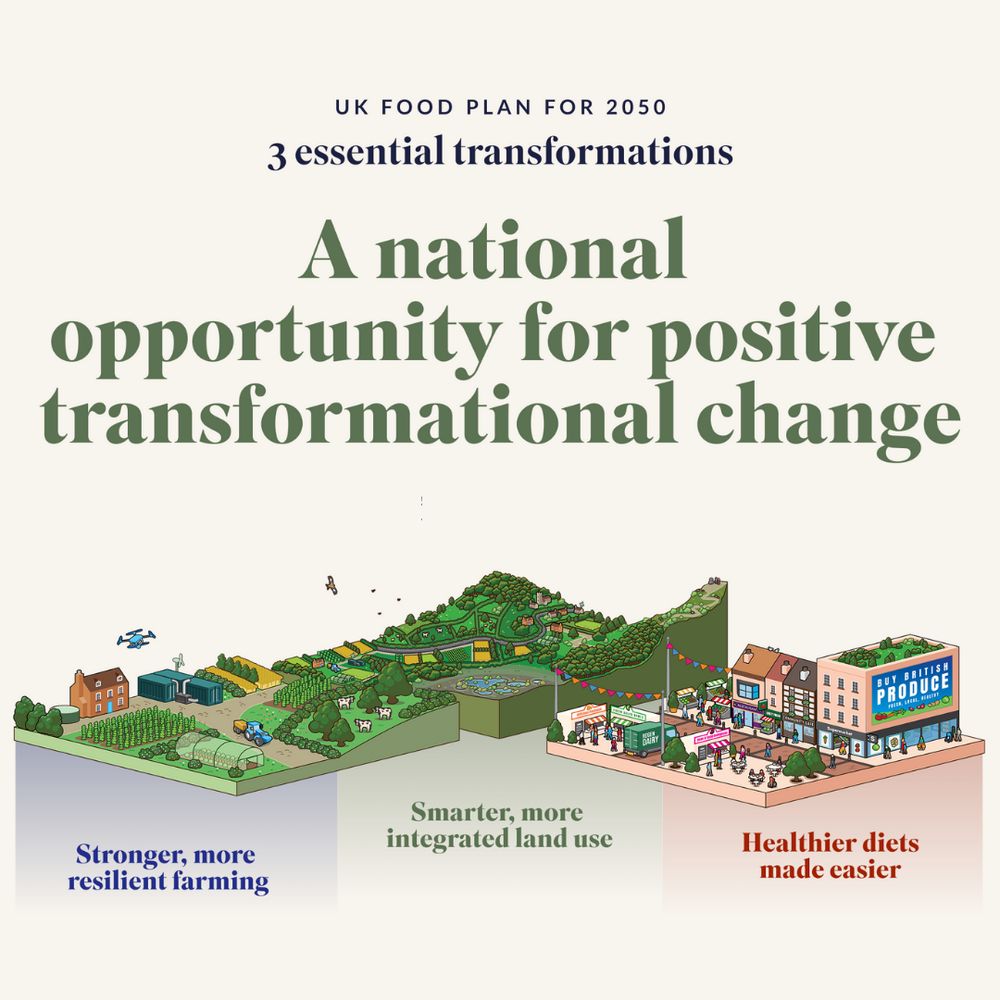
Full report: tinyurl.com/369s6wuy
#UKFoodPlan2050 #AFNRoadmap
Reposted by Tim G. Benton

A rare moment of how I always imagined university should be! You know it has been good when 4 hours goes in a flash
Reposted by Tim G. Benton
Reposted by Tim G. Benton, Carl J. Percival
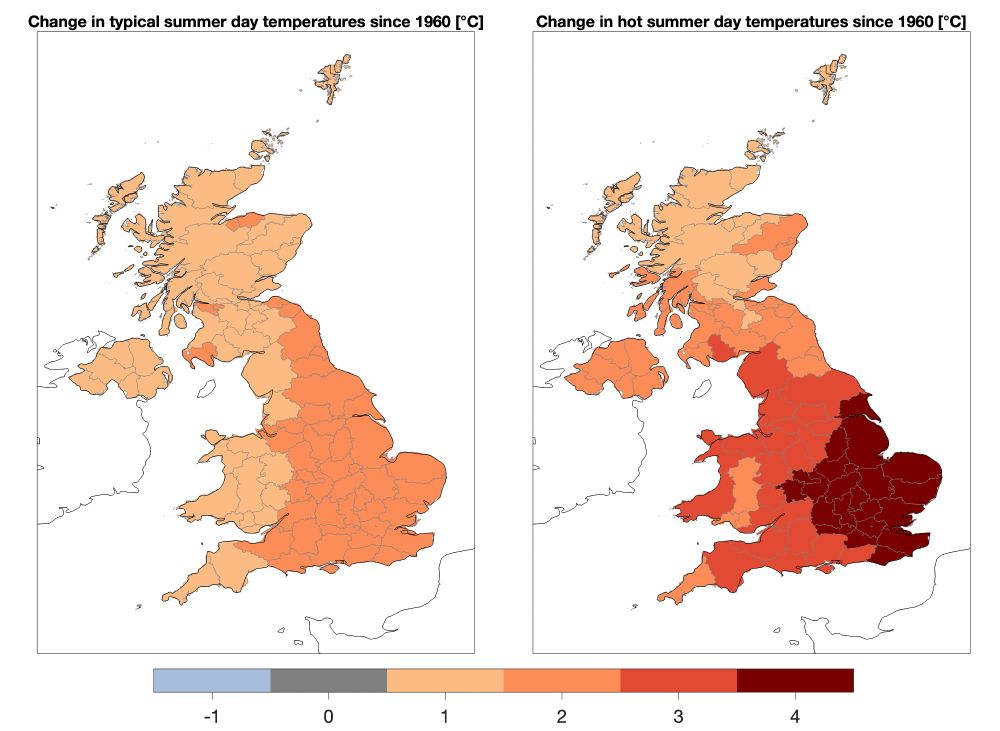
But the very hottest days have warmed 4x faster than the global average, especially in south-east England.
Global warming is not "just" 1°C or 2°C. The effects of climate change are non-linear, especially for extremes.
Reposted by Tim G. Benton
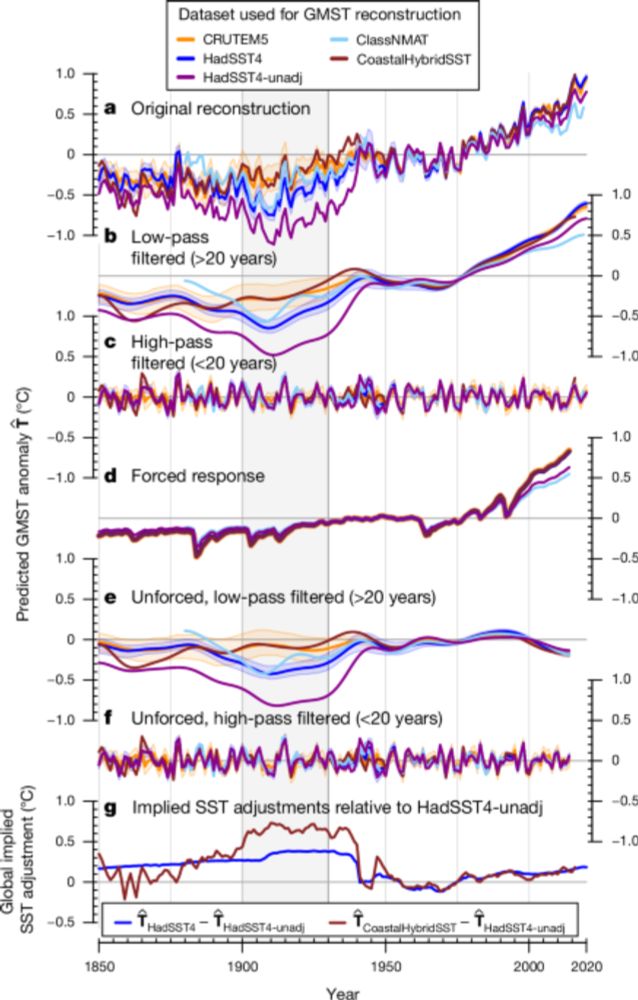
doi.org/10.1038/s415...
Reposted by Tim G. Benton, Tim Newbold
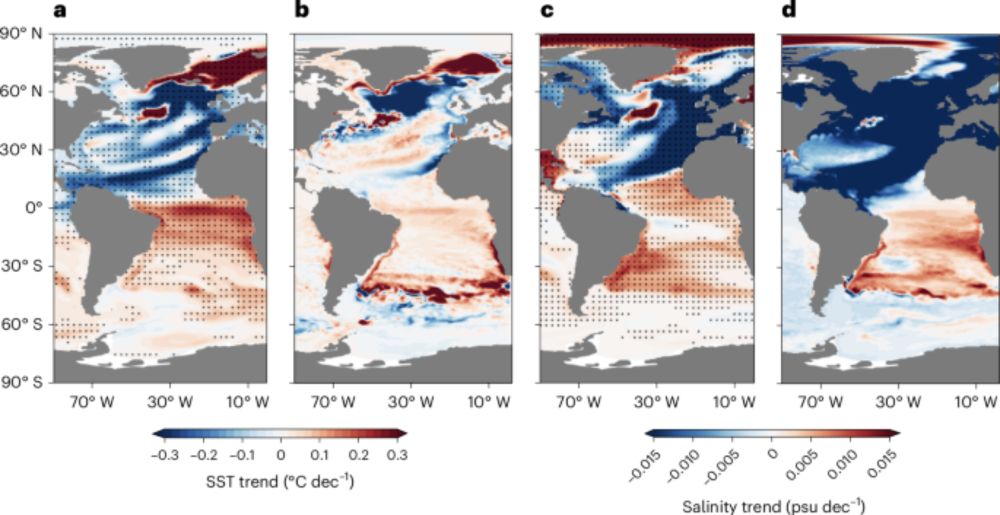
www.nature.com/articles/s41...
Reposted by Nathalie Pettorelli, Tim G. Benton, Gordon Walker
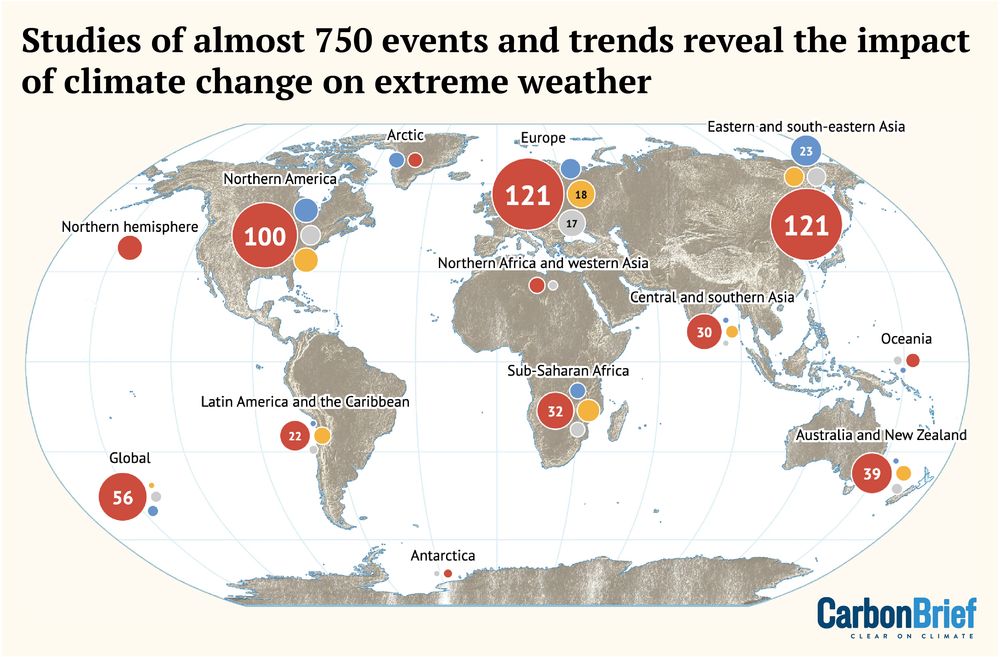
🎨 Kerry Cleaver, Tom Pearson @tomoprater.carbonbrief.org
Read here: https://buff.ly/4eFnQus
Reposted by Tim G. Benton

👉 tinyurl.com/22j7fm46

